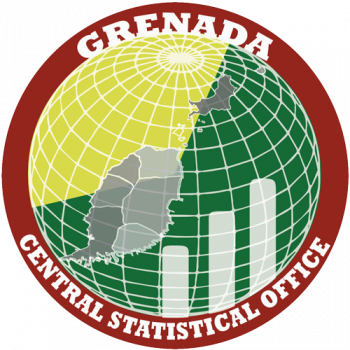Core Welfare Indicator Questionnaire (CWIQ) Survey
The Core Welfare Indicator Questionnaire survey is a household survey instrument developed by the World Bank in close collaboration with UNDP, UNICEF and ILO. It measures changes in key social indicators of population groups, specifically indicators of access to, utilization of and satisfaction with core social and economic services. The CWIQ is very effective for improving project and sector programme design, and for targeting essential services towards the poor and most disadvantaged communities. Over time, the CWIQ becomes a monitoring tool for assessing implementation effectiveness and the impact of programs/projects on living conditions (CWIQ handbook p. 109). This survey has been conducted mainly in African countries, including Ghana, Kenya, Nigeria and Tanzania, but has since crossed the Atlantic first to St. Lucia, where a successful pilot was run in October 2004, and then Grenada.
The CWIQ was conducted in Grenada to assess the change in social conditions following the devastating impact of Hurricane Ivan, and provide the necessary data to inform national reconstruction efforts. The survey was modified and a “Hurricane Ivan Module” included in the main questionnaire frame to capture the effects of the hurricane on the lives and livelihoods of population groups and in particular, the impact on women. The Grenada survey would be the first to provide up-to-date information on post-Ivan conditions, and to aggregate the data into a viable set from which policy-makers can work.
